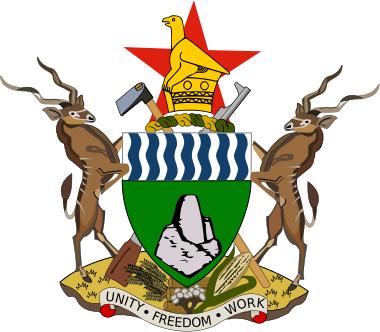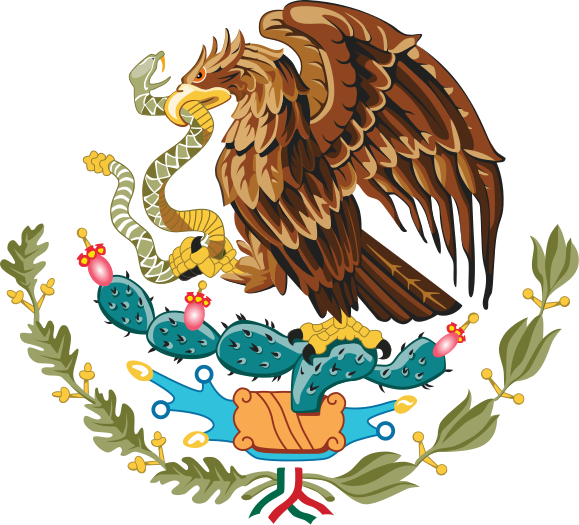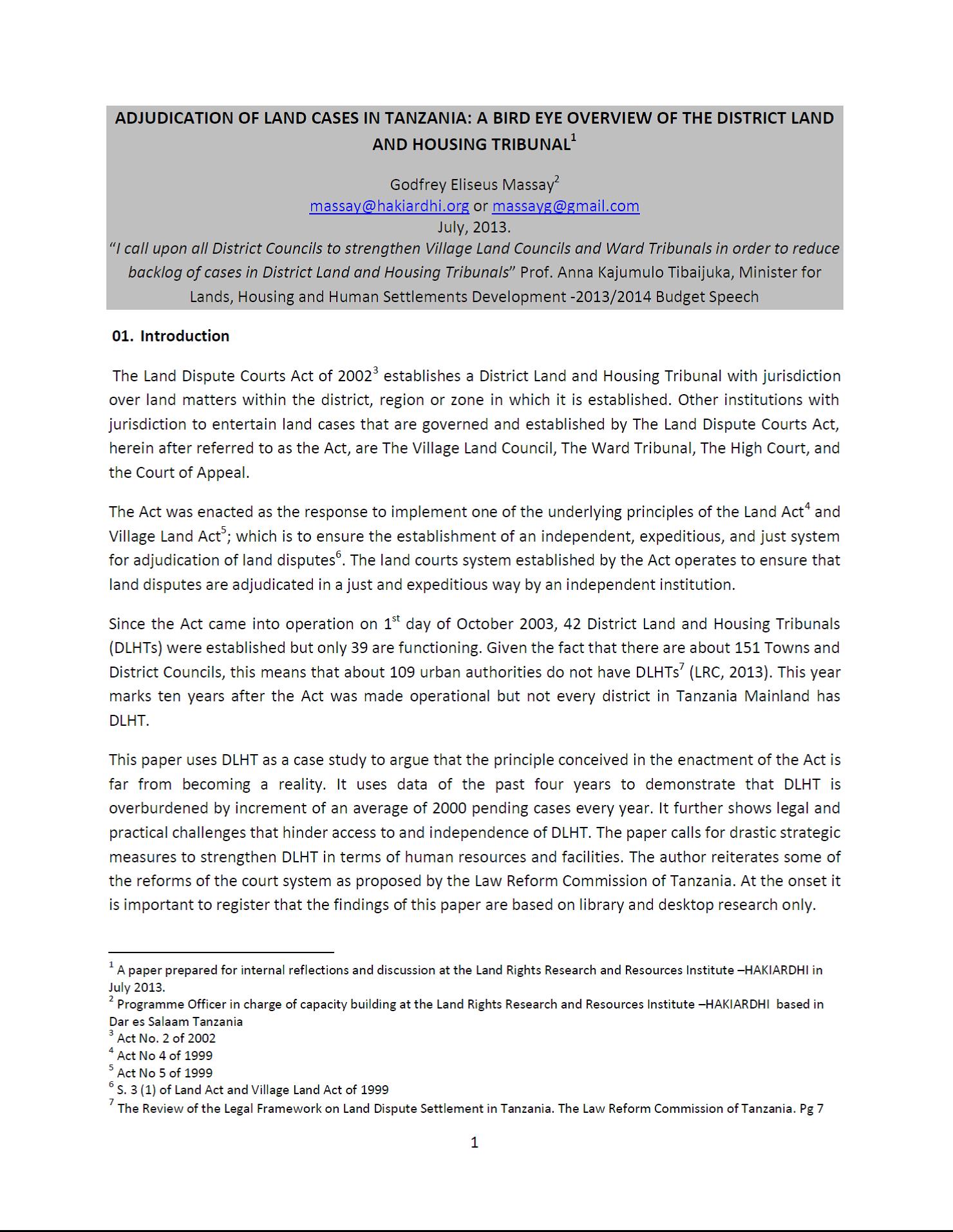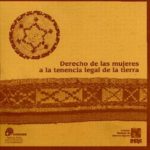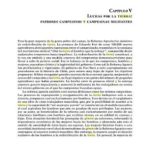The paper presents and discusses the fact that when land is acquired, compensation paid and resettlement done, the communities still go ahead and put constraints before the Government for the purposes of hindering the development. Citing of projects for economic development is a major problem for developing economies because of the agitation of the land “owners”despite an existing good land tenure system.
The paper stressed the fact that one general law may not be sufficient for Government to process land for development purposes because of the communities’ agitation

